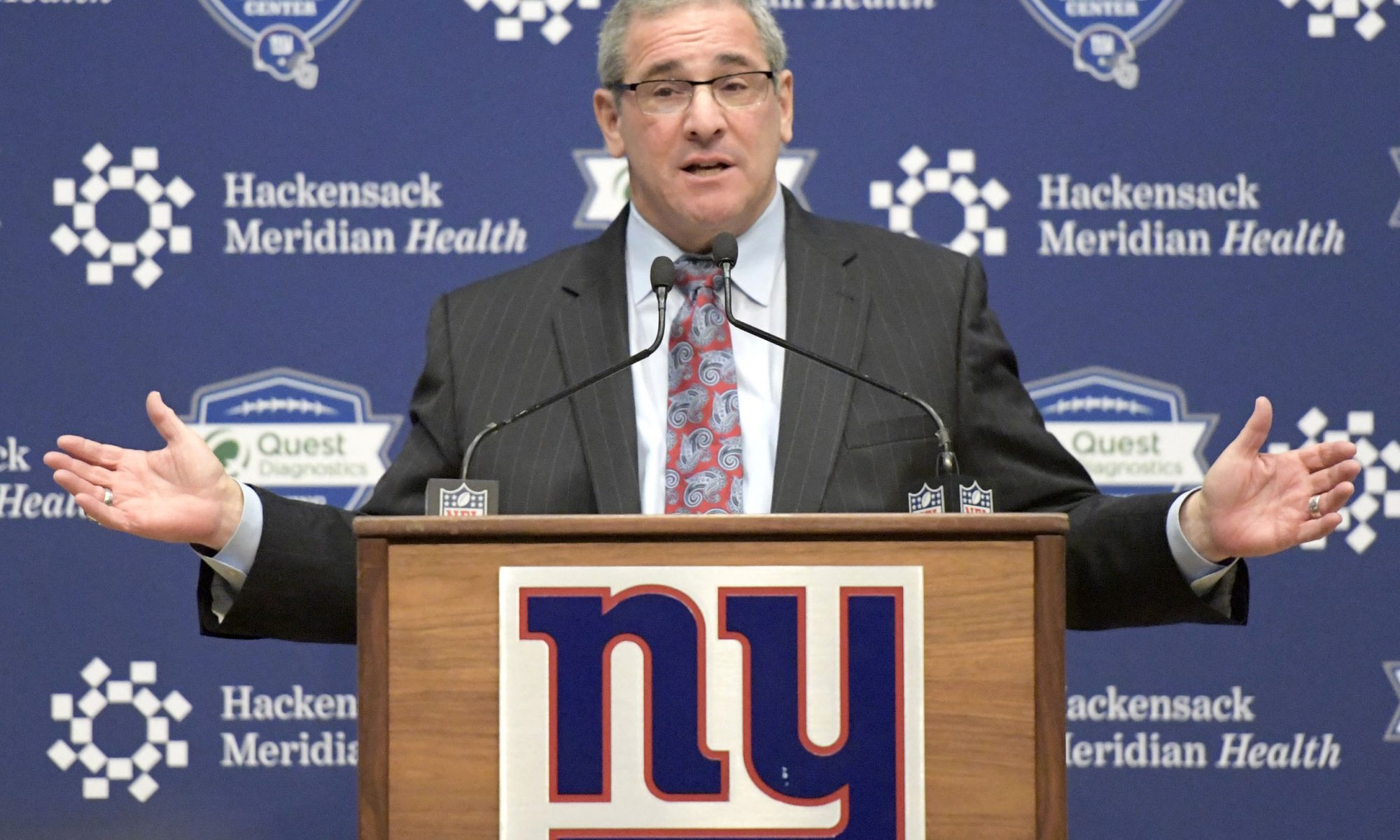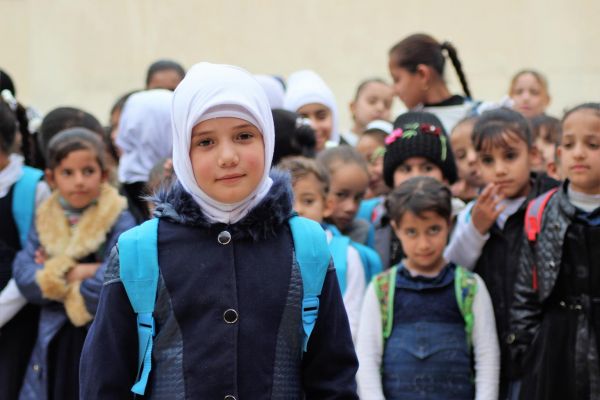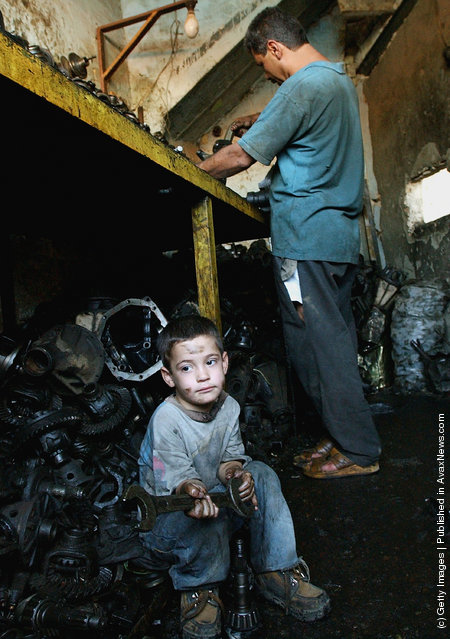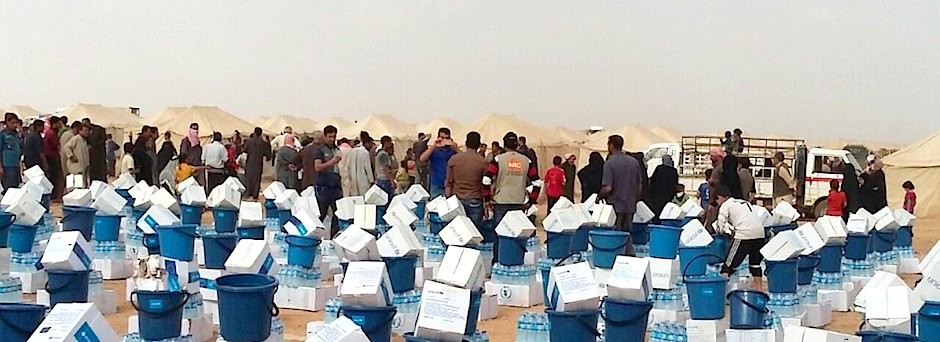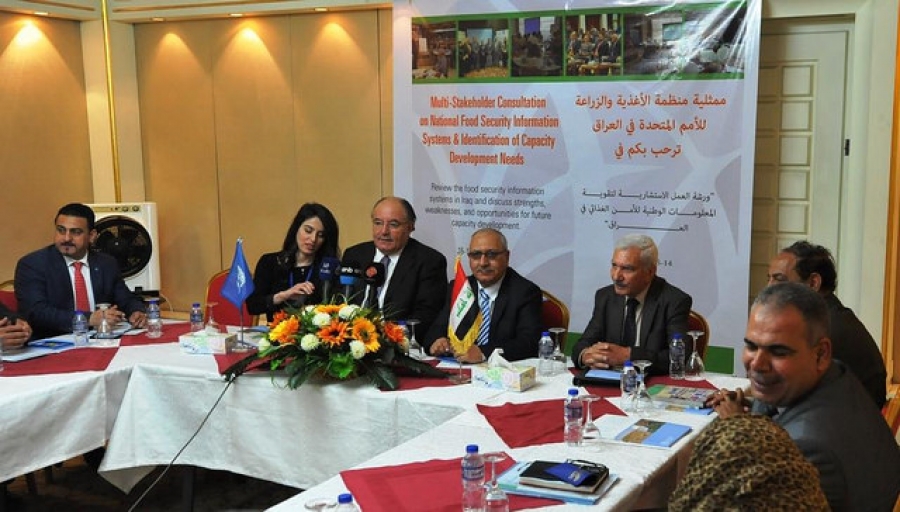Warning about the “alarming” state of Iraq’s healthcare system, especially in war-ravaged areas in and around Mosul, the United Nations children’s agency has stepped up its support to help the Government provide critical medical services so that children and families affected by violence and displacement can resume their lives.
With less than 10 per cent of health facilities in Iraq’s Ninewah governorate functioning at full capacity, the UN Children’s Fund (UNICEF) said that as many as 750,000 children in the governorate are struggling to access basic health services although violence has subsided. Those facilities that are operational are stretched to the breaking point.
“The state of Iraq’s healthcare system is alarming,” said Peter Hawkins, UNICEF Representative in Iraq, who has just completed a visit to the largest hospital in Mosul.
“For pregnant women, newborn babies, and children, preventable and treatable conditions can quickly escalate into a matter of life and death,” he said, warning that medical facilities are strained beyond capacity and there are critical shortages of life-saving medicines.
Three years of intense violence have devastated health facilities in Iraq. Over 60 health facilities have repeatedly come under attack since the escalation of violence in 2014, severely disrupting access to basic health services for children and families.
In Mosul, UNICEF has rehabilitated the pediatric and nutritional wards of two hospital centres, provided refrigerators to store vaccines for up to 250,000 children, and supported vaccination campaigns to immunize all children under five years old. Most health centres in the governorate have also re-started vaccination services for children.
UNICEF says the Reconstruction Conference for Iraq hosted by Kuwait next week is a unique opportunity for the Iraqi Government and the international community to put children at the heart of reconstruction, including through increased budget allocations to services for children.
Mr. Hawkins said what he saw in the hospitals in Mosul was both “heartbreaking and inspiring,” explaining that the ingenuity and dedication of health workers who are committed to giving newborn children the best possible start in life in the most challenging of circumstances is remarkable.
“They too deserve support so that they can continue to save lives,” he said.
UNICEF is appealing for $17 million to support rebuilding health facilities for children in Iraq in 2018.
(Source: UN)

